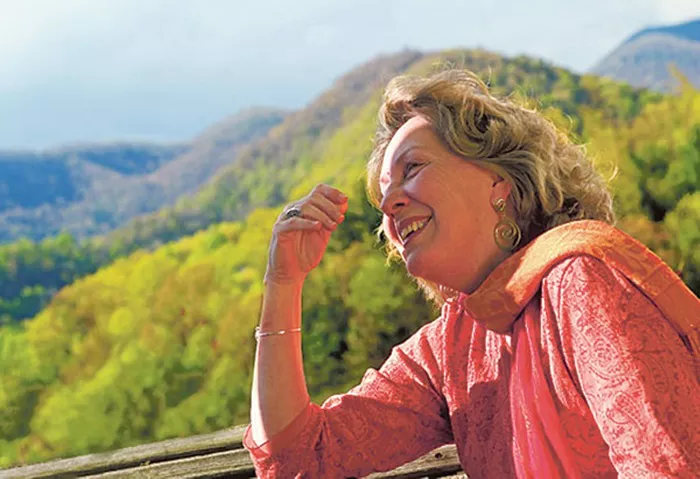Kathryn Stripling Byer, an influential 20th-century American poet, crafted a body of work that resonates with the landscapes and voices of the American South. Born in 1944 in Camilla, Georgia, Byer’s poetry reflects her deep connection to her Southern roots, exploring themes of identity, place, and the complexities of regional heritage. Her contributions to American poetry are significant, offering a nuanced perspective that enriches the literary tapestry of the era.
Early Life and Education
Byer grew up in southwest Georgia, immersed in the rural settings that would later permeate her poetry. She attended Wesleyan College in Macon, Georgia, where she earned her Bachelor of Arts degree. Her passion for literature led her to pursue a Master of Fine Arts at the University of North Carolina at Greensboro. There, she studied under notable poets such as Allen Tate, Fred Chappell, and Robert Watson, who influenced her development as a poet.
Literary Career and Themes
Byer’s poetry is deeply rooted in the Southern experience, capturing the essence of its landscapes, traditions, and voices. Her debut collection, The Girl in the Midst of the Harvest (1986), received the Associated Writing Programs Award, marking her emergence as a significant voice in American poetry. This work delves into the rhythms of rural life, portraying the intimate connection between the land and its people.
In Wildwood Flower (1992), Byer continues to explore Southern womanhood, drawing inspiration from Appalachian ballads and the lives of mountain women. The collection earned the Lamont Poetry Selection Award from the Academy of American Poets, underscoring its impact and relevance. Byer’s portrayal of women’s experiences in the South offers a counter-narrative to the often romanticized depictions of the region, presenting a more complex and authentic perspective.
Her subsequent collections, including Black Shawl (1998), Catching Light (2002), and Coming to Rest (2006), further examine themes of memory, identity, and the passage of time. In Descent (2012), Byer confronts the legacy of Southern history, addressing issues of race and heritage. The collection reflects her introspective journey into the complexities of her cultural inheritance, challenging the “Gone with the Wind” mythology that often overshadows Southern narratives.
Comparison with Contemporary Poets
Byer’s work can be contextualized alongside other 20th-century American poets who explored regional identity and personal history. Poets like James Dickey and Robert Penn Warren also delved into Southern themes, but Byer’s focus on female perspectives and Appalachian settings offers a distinct and valuable contribution. Her poetry aligns with the confessional style of poets such as Anne Sexton and Sylvia Plath, yet remains grounded in the specificities of Southern life.
Influence and Legacy
Beyond her poetry, Byer was a dedicated educator and advocate for the literary arts. She served as poet-in-residence at Western Carolina University and was appointed North Carolina’s first female Poet Laureate from 2005 to 2009. In this role, she championed the works of fellow poets and sought to bring poetry to a broader audience. Her commitment to nurturing emerging voices and promoting the literary heritage of the South has left an enduring impact.
Conclusion
Kathryn Stripling Byer’s poetry offers an intimate exploration of Southern life, capturing the complexities of identity, heritage, and place. Her work stands as a testament to the richness of 20th-century American poetry, providing readers with a profound understanding of the Southern experience through the eyes of its women. Byer’s legacy continues to inspire and resonate, affirming her place among the notable American poets of her time.

